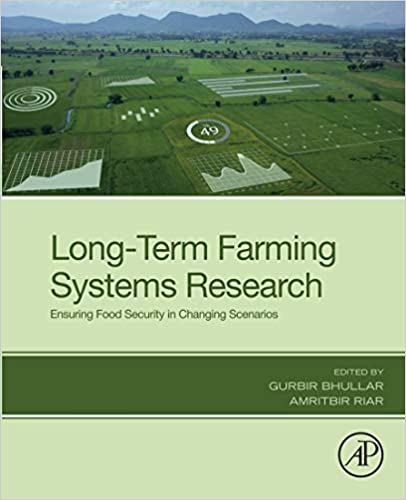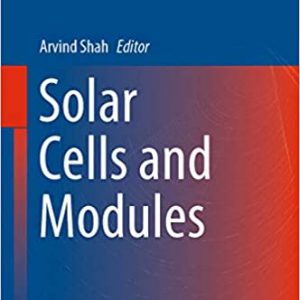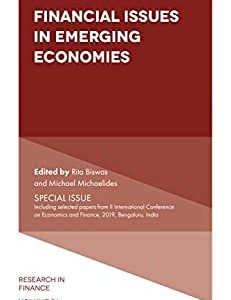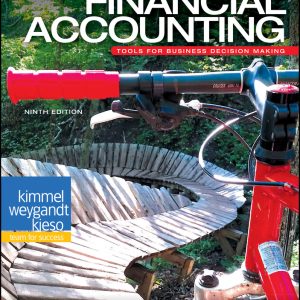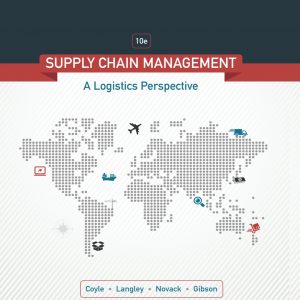Long-Term Farming Systems Research: Ensuring Food Security in Changing Scenarios presents the legacy and heritage of Long-Term Experiments (LTEs) in Agriculture while also addressing the challenges and potential solutions. The book discusses how LTEs form an important asset in understanding agriculture’s significant influence on life on earth. As global governments and development agencies try to achieve the Global Sustainable Development Goals (SDGs) of the United Nations, this book’s content is of unprecedented importance, providing insights into the interactions of agricultural production with ecological, economic and societal aspects.
In this regard, this book offers a thorough resource of information based on experiences from various ongoing LTEs in different parts of the world. The contextual variety and geographic diversity presented in this book makes it useful for agricultural and environmental scientists, as well as students and educators in such fields.
—
From the Editors: "Thanks to the excellent panel of our contributing authors, in this book, we have attempted to offer the widest possible thematic and geographical coverage on LTEs. Experts from different institutions leading LTEs across the globe have provided their perspectives on different aspects of LTEs, not only highlighting the unique knowledge contribution of LTEs, but also discussing the unique challenges of effectively managing LTEs and maintaining their relevance to changing scenarios. We hope that this book will offer something for everyone interested in the history, present and future of our agroecosystem."
- Provides a comprehensive resource of information generated in various LTEs across the globe, with a focus on various aspects of farming systems, crop management practices, plant, soil and human nutrition as well as on capacity development
- Presents a holistic view on interactions of agricultural production and its relationship to the environment and society
- Identifies challenges and lessons learned from different LTEs and provides recommendations for potential solutions

